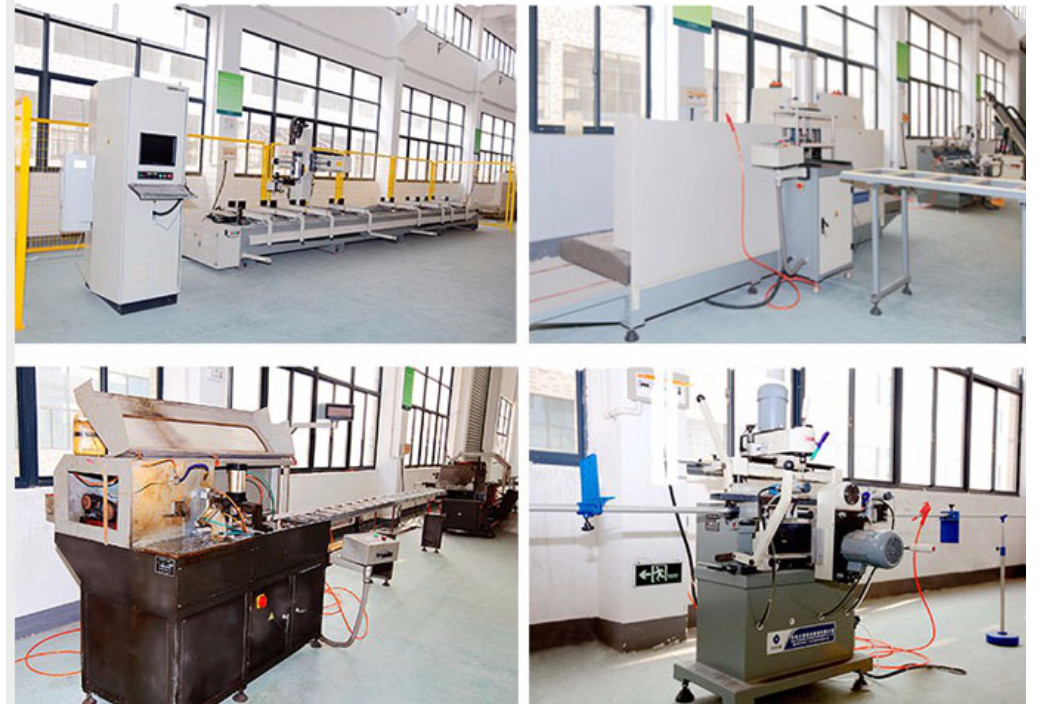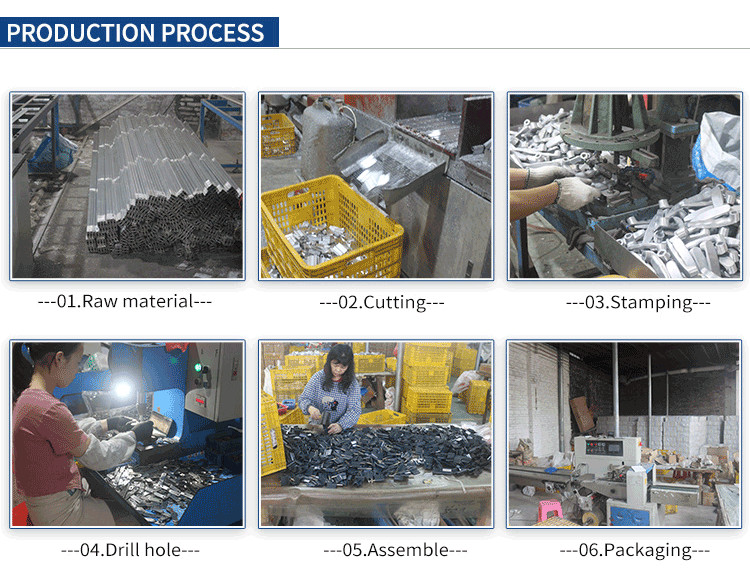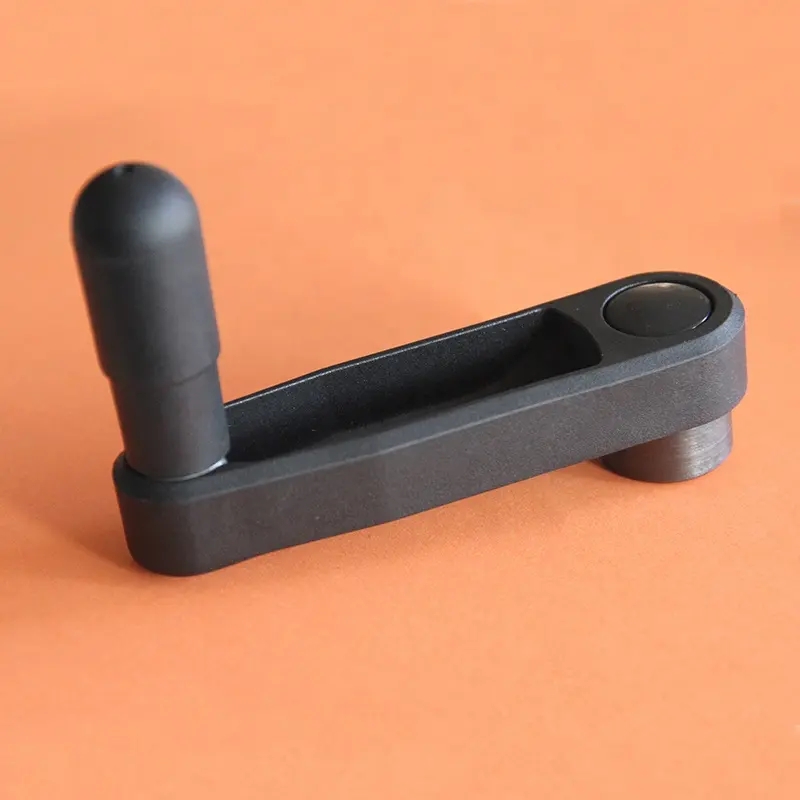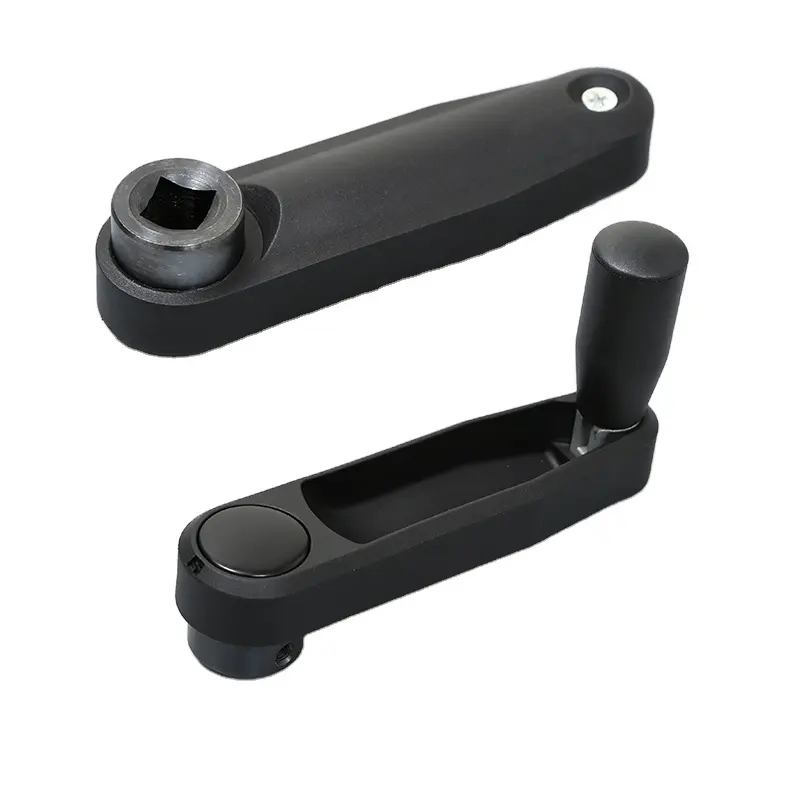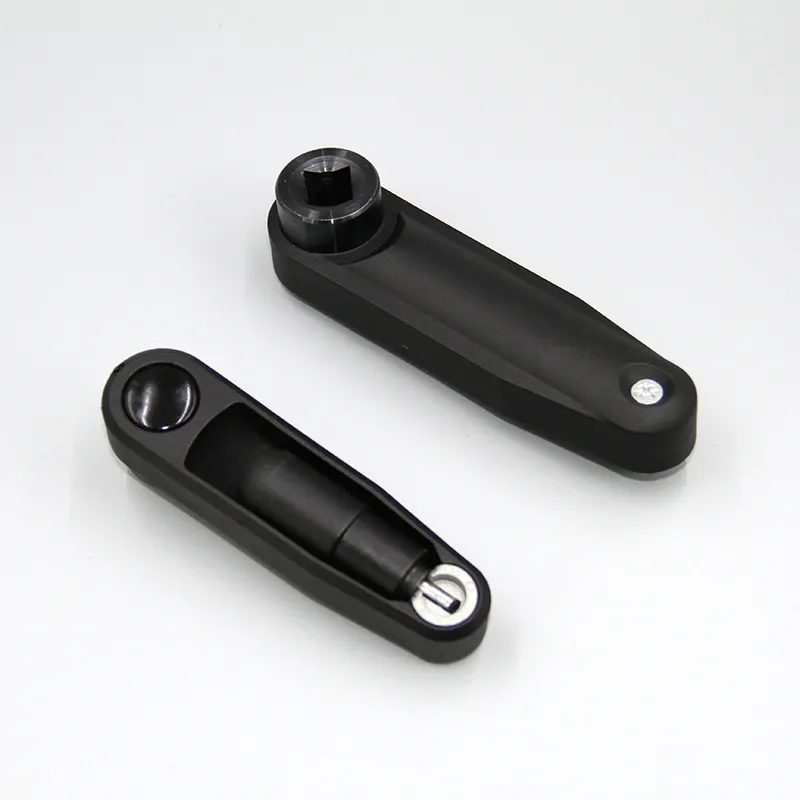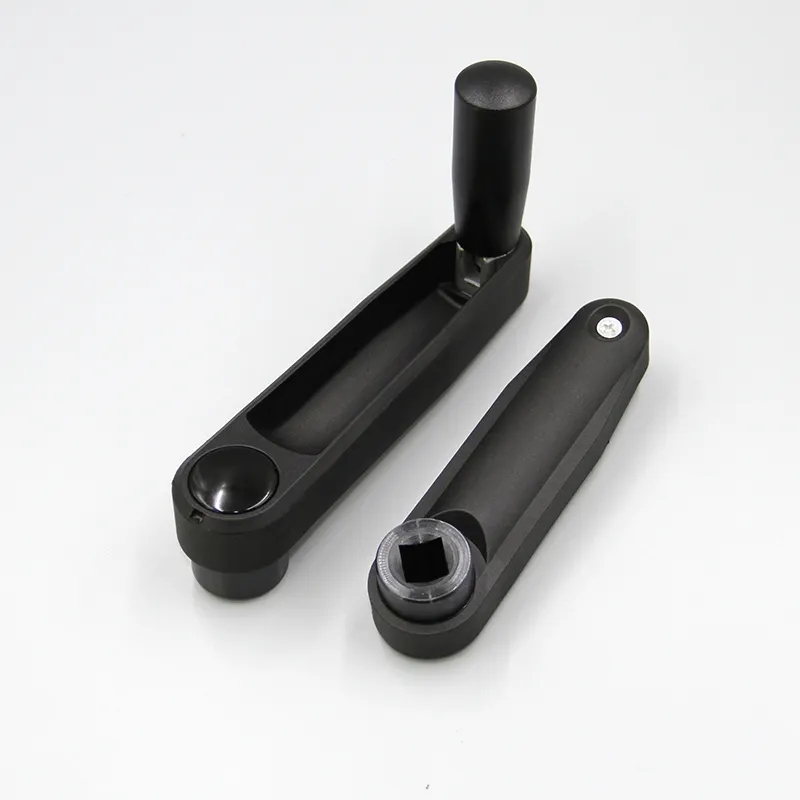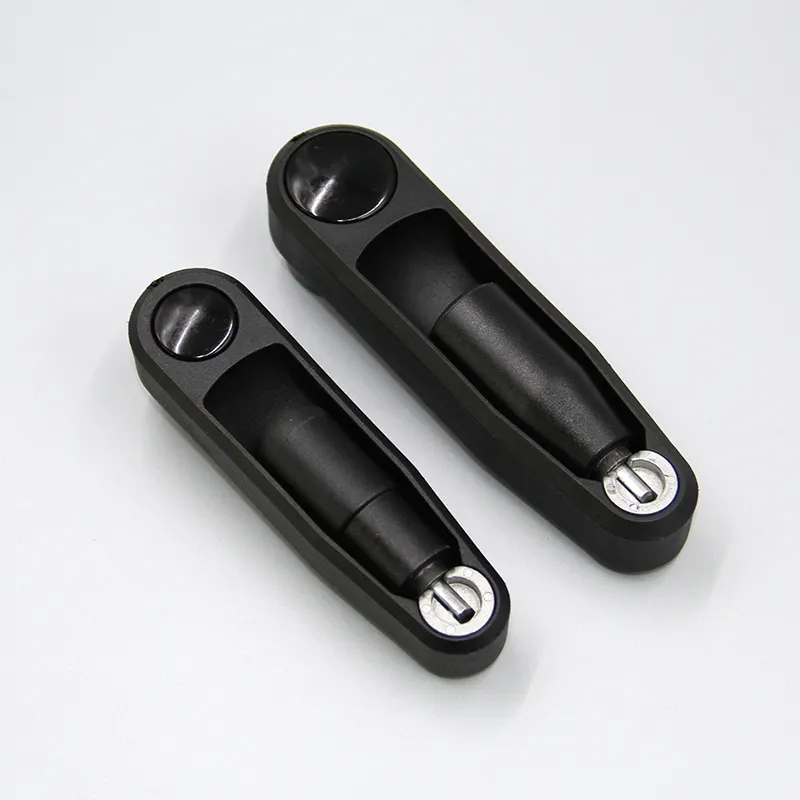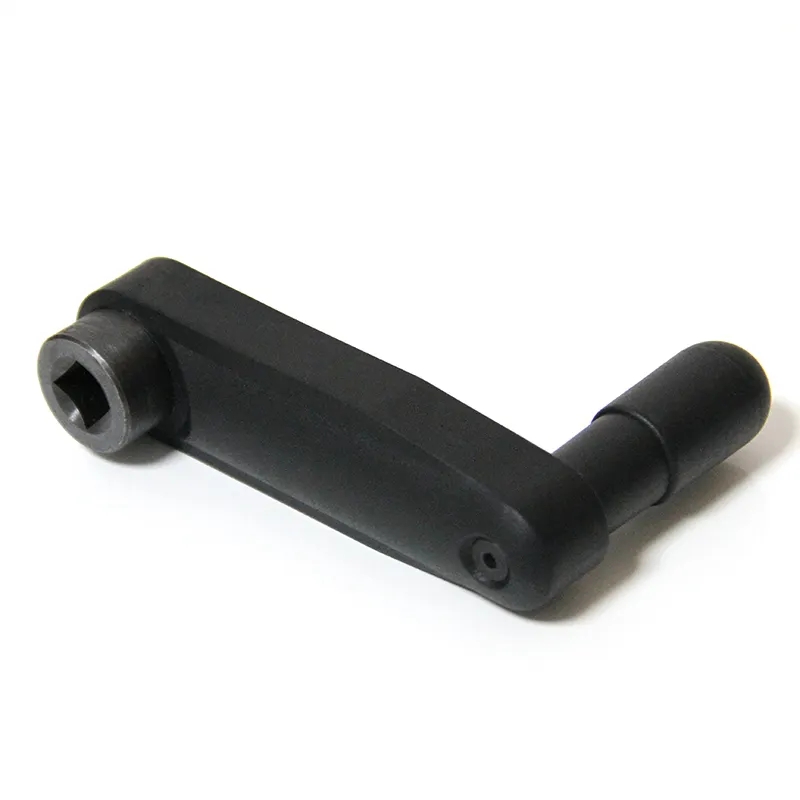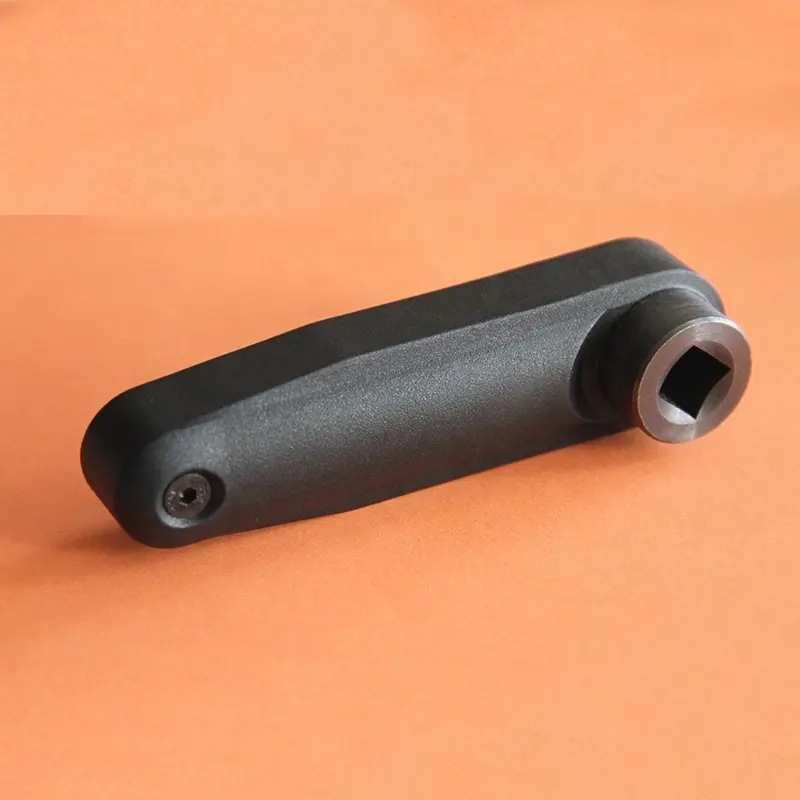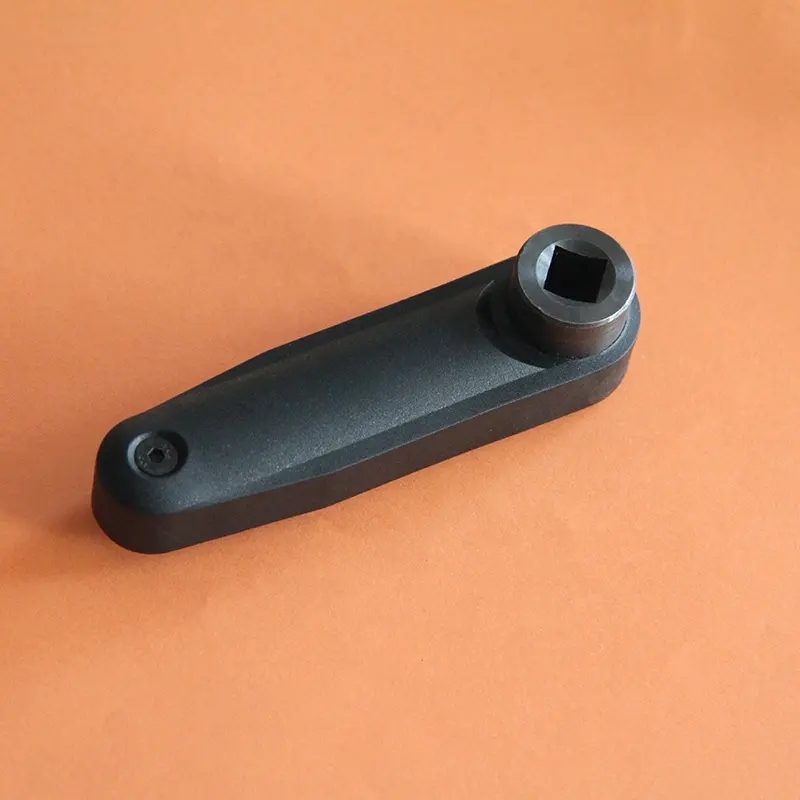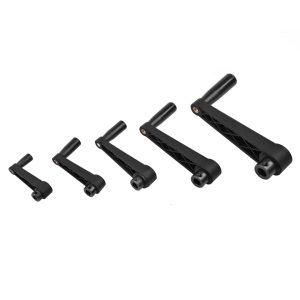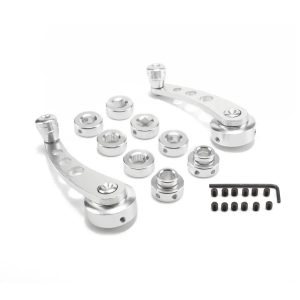Window Crank Handles: Bridging Elegance and Functionality in Architectural Design
Introduction
In the intricate tapestry of architectural details, window crank handles emerge as understated yet indispensable components that seamlessly fuse practicality with visual allure. These unassuming elements go beyond facilitating window operation; they contribute to the aesthetic coherence of architectural designs. This article explores the diverse roles of window crank handles, their ergonomic advantages, material versatility, and the way they artfully blend utility and design in architectural contexts.
Unlocking the Potential of Window Crank Handles
Window crank handles serve as the tangible connection between inhabitants and their living spaces, offering benefits that transcend mere functionality:
1. Precision Control: A gentle turn of the handle grants users precise control over window openings, allowing fine-tuned ventilation and airflow adjustments.
2. Effortless Operation: Designed with ergonomic finesse, crank handles ensure seamless and easy rotations, catering to users of all abilities.
3. Enhanced Security: Many modern crank handles feature integrated locking mechanisms, providing enhanced security without compromising user convenience.
4. Harmonious Aesthetics: These handles seamlessly integrate with various window styles, contributing to the overall visual harmony of architectural designs.
5. Energy Efficiency: By facilitating controlled airflow, window crank handles contribute to energy-efficient environments, enhancing indoor comfort and minimizing energy consumption.
Material Diversity and Aesthetic Flourish
The selection of materials and finishes for window crank handles significantly impacts their durability and overall impact:
1. Sturdy Material Selection: Handles are often crafted from resilient materials like stainless steel, aluminum, or robust polymers, ensuring longevity.
2. Surface Finishes: A spectrum of surface finishes, from classic brushed to contemporary chrome, allows for customization to match architectural aesthetics.
3. Corrosion Resistance: Materials with high corrosion resistance are particularly suited for environments prone to moisture or challenging weather conditions.
Ergonomics and Architectural Consistency
Ergonomics and design unity are integral considerations for architectural hardware, including window crank handles:
1. Ergonomic Excellence: Crank handles are thoughtfully designed for user comfort, featuring well-proportioned grips and smooth operation.
2. Architectural Unity: These handles contribute to the architectural cohesion by harmonizing with the prevailing design style, whether traditional or modern.
Conclusion
Window crank handles epitomize the harmonious convergence of purpose and elegance, exemplifying the delicate integration of architectural hardware and design aspirations. Whether orchestrating ventilation, enhancing security, or adding a touch of sophistication, these unobtrusive components play a pivotal role in contemporary construction. The ability of window crank handles to elevate both functionality and aesthetics underscores the art of merging utility with refinement in architectural design, creating spaces that are not only well-functioning but also visually captivating.
